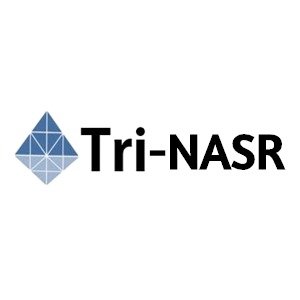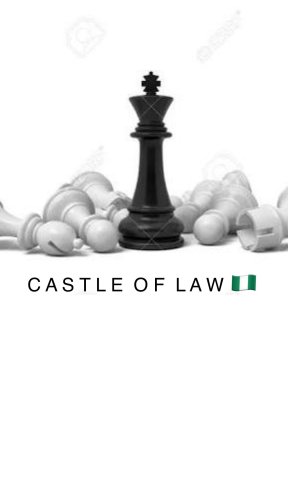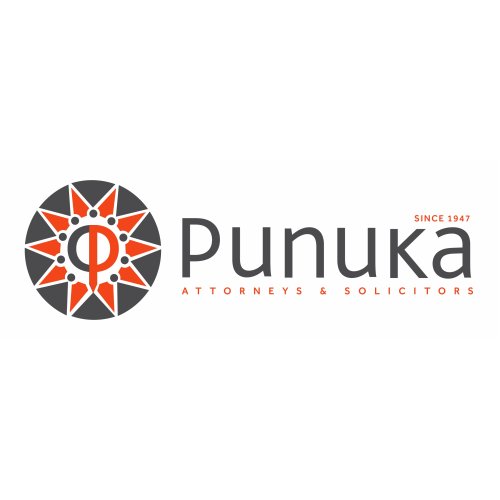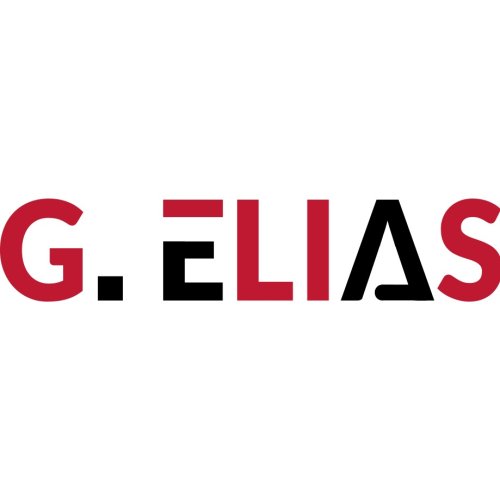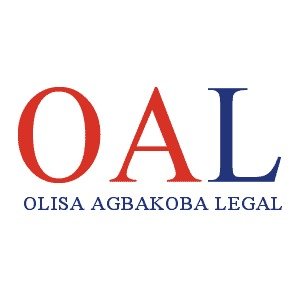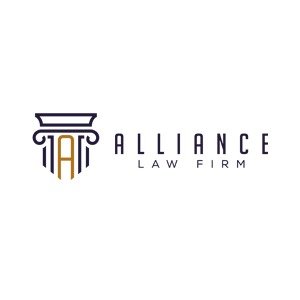Best FDA Law Lawyers in Abuja
Share your needs with us, get contacted by law firms.
Free. Takes 2 min.
List of the best lawyers in Abuja, Nigeria
About FDA Law in Abuja, Nigeria
FDA Law in Abuja, Nigeria primarily relates to the regulation, registration, importation, manufacturing, distribution, sale, and advertisement of food products, drugs, cosmetics, medical devices, and chemicals. In Nigeria, these regulatory functions are administered by the National Agency for Food and Drug Administration and Control (NAFDAC), as there is no agency officially called the FDA. NAFDAC formulates guidelines, monitors compliance, ensures product safety, and protects public health within Abuja and across Nigeria. The rules and standards set by NAFDAC closely align with international practices to make sure that all regulated products meet necessary safety and efficacy thresholds before they reach consumers.
Why You May Need a Lawyer
Navigating FDA Law in Abuja can be complex due to continuous updates in regulations, strict enforcement, and the technical nature of compliance requirements. Hiring a knowledgeable FDA Law attorney can be essential in situations such as:
- Registering a new food, drug, cosmetic, or medical device for sale in Nigeria
- Responding to a regulatory enforcement action or NAFDAC investigation
- Drafting or vetting product advertising and labeling for legal compliance
- Handling import or export compliance for regulated products
- Appealing product seizures or negotiating settlement actions with NAFDAC
- Legal advice on good manufacturing practices and facility inspections
- Protecting your business from criminal or civil liability
- Resolving disputes relating to counterfeits, adulteration, or product safety
Local Laws Overview
In Abuja, the key statutes governing FDA Law are the Food, Drugs, and Related Products (Registration, Etc.) Act; the NAFDAC Act; the Food and Drugs Act; Consumer Protection Council Act; and related regulations. NAFDAC enforces these laws with comprehensive regulations covering product registration, labeling standards, packaging requirements, advertising controls, clinical trials approval, and quality assurance.
Specifically, any company or person wishing to manufacture, import, export, advertise, or sell regulated products in Abuja must register their products with NAFDAC. Strict penalties exist for non-compliance and unauthorized activities, ranging from product seizures and hefty fines to prosecution. The local laws also address issues such as counterfeit goods, substandard production, banned substances, and misrepresentation in advertising. The laws are regularly updated to reflect evolving public health needs and international obligations.
Frequently Asked Questions
What is the role of NAFDAC in Abuja?
NAFDAC is the main regulatory body responsible for ensuring that food, drugs, cosmetics, medical devices, and related products are safe, effective, and of good quality before they reach consumers in Abuja and throughout Nigeria.
Do I need to register my product with NAFDAC before selling in Abuja?
Yes. Almost all regulated products must undergo mandatory registration with NAFDAC before they can be lawfully manufactured, imported, or marketed in Abuja.
What are the penalties for non-compliance with FDA or NAFDAC laws?
Penalties include product seizure, fines, suspension or withdrawal of licenses, and even criminal prosecution depending on the severity and nature of the violation.
What documents do I need to register a new drug or food product?
You will generally need evidence of safety and efficacy, a certificate of analysis, labels and packaging samples, proof of manufacturing facility standards, and other due diligence documents as specified by NAFDAC.
Can imported products be sold in Abuja without Nigerian registration?
No. All imported regulated products must be duly registered with NAFDAC prior to distribution or sale in Nigeria, including Abuja.
How long does product registration with NAFDAC take?
Product registration can take several months, depending on the documentation provided and whether on-site inspections are required. Early compliance and thorough application can help avoid unnecessary delays.
Who can be prosecuted for violating NAFDAC laws?
Companies, their directors, managers, and relevant staff can be prosecuted for breaches, especially if found to have abetted or directly engaged in violations such as distributing substandard or unregistered products.
Are herbal medicines and traditional remedies regulated?
Yes, herbal medicines and traditional remedies are also subject to NAFDAC oversight and must comply with regulatory requirements before being offered for sale.
Can I advertise my food or drug product freely after registration?
All advertisements for regulated products must be pre-approved by NAFDAC. False, exaggerated, or misleading claims are prohibited and subject to penalties.
What should I do if my product is seized or I am under investigation?
You should consult a qualified FDA Law or regulatory compliance lawyer immediately to facilitate negotiations with NAFDAC, ensure due processes are followed, and prepare your defense or representation.
Additional Resources
Valuable resources for FDA Law matters in Abuja include:
- National Agency for Food and Drug Administration and Control (NAFDAC)
- Federal Ministry of Health
- Standards Organisation of Nigeria
- Nigerian Association of Chambers of Commerce, Industry, Mines, and Agriculture (NACCIMA) - for business support
- Registered law firms specializing in regulatory compliance and FDA Law
- Consumer Protection Council (CPC)
Next Steps
If you require legal assistance relating to FDA Law in Abuja, gather your product and business documentation, review any correspondence received from NAFDAC or other agencies, and schedule a consultation with a qualified lawyer who specialises in this field. An experienced attorney can guide you through compliance, representation, and resolution of disputes efficiently. Taking early action and seeking expert help ensures your business stays on the right side of the law and protects consumer health.
Lawzana helps you find the best lawyers and law firms in Abuja through a curated and pre-screened list of qualified legal professionals. Our platform offers rankings and detailed profiles of attorneys and law firms, allowing you to compare based on practice areas, including FDA Law, experience, and client feedback.
Each profile includes a description of the firm's areas of practice, client reviews, team members and partners, year of establishment, spoken languages, office locations, contact information, social media presence, and any published articles or resources. Most firms on our platform speak English and are experienced in both local and international legal matters.
Get a quote from top-rated law firms in Abuja, Nigeria — quickly, securely, and without unnecessary hassle.
Disclaimer:
The information provided on this page is for general informational purposes only and does not constitute legal advice. While we strive to ensure the accuracy and relevance of the content, legal information may change over time, and interpretations of the law can vary. You should always consult with a qualified legal professional for advice specific to your situation.
We disclaim all liability for actions taken or not taken based on the content of this page. If you believe any information is incorrect or outdated, please contact us, and we will review and update it where appropriate.





